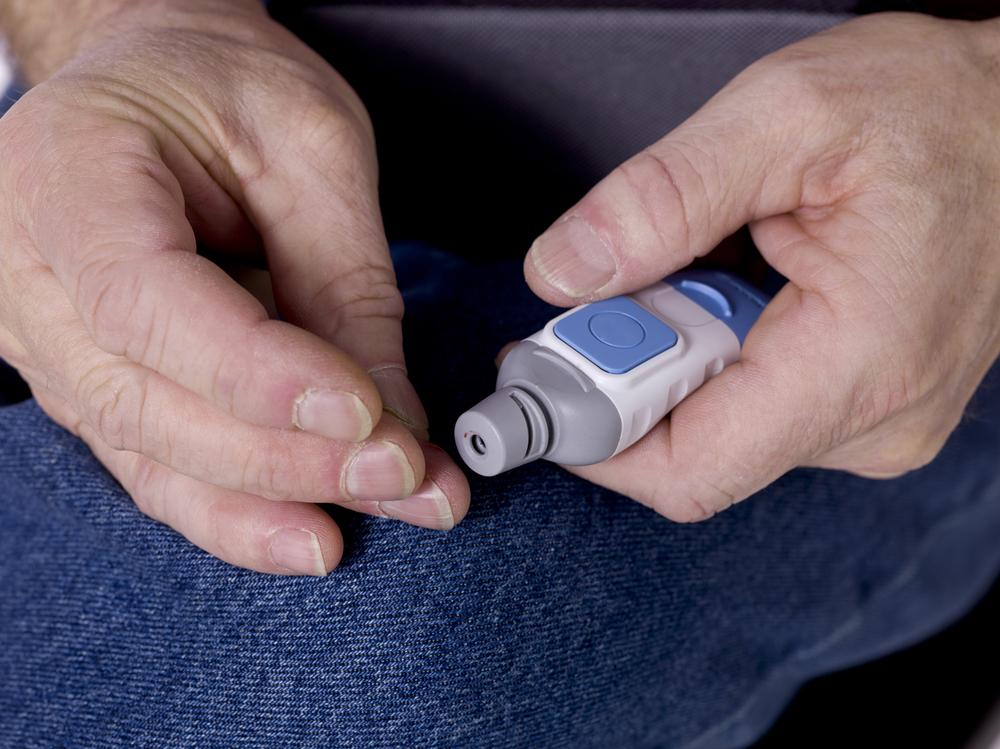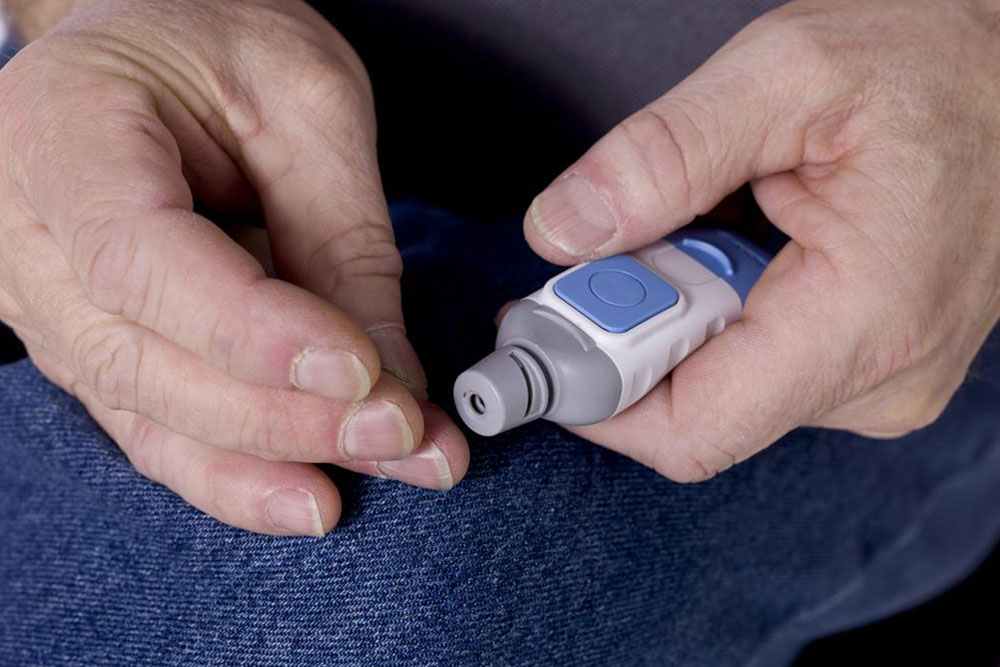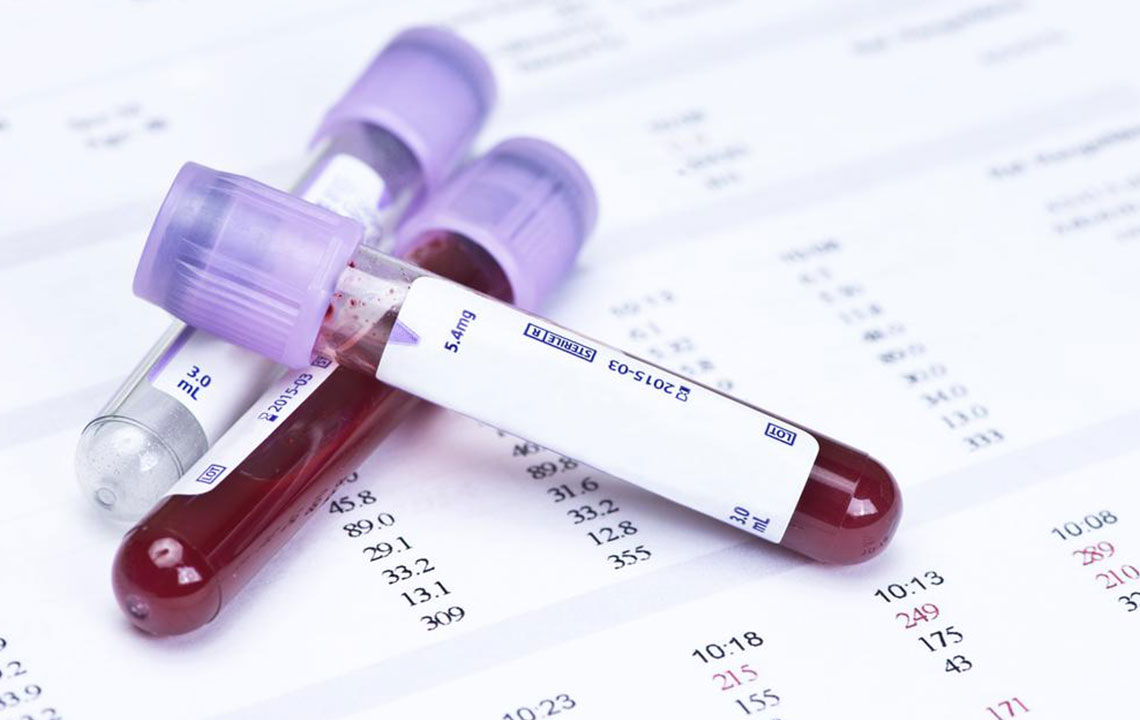The Importance of Regular Blood Sugar Testing in Diabetes Management
Effective diabetes management relies on regular blood glucose testing. This practice helps tailor diets, assess medication efficacy, prevent complications, and prepare for surgeries. Consistent monitoring empowers individuals to maintain optimal health and avoid serious health issues associated with diabetes.
Sponsored

Using Blood Glucose Monitoring to Better Control Diabetes
Managing diabetes effectively requires understanding how blood sugar levels fluctuate throughout the day. Regular blood glucose testing offers vital insights that allow individuals to tailor their lifestyle and treatment plans accordingly. Whether you have type 1 or type 2 diabetes, consistent monitoring is essential for maintaining optimal health and preventing complications.
Here are key advantages of keeping track of your blood sugar levels regularly:
Personalized Diet Management
Blood sugar tests help identify which foods impact your levels most. You can adjust your diet by reducing or avoiding certain ingredients, such as dairy or sugary foods, to keep your glucose within target ranges. Monitoring also supports weight loss efforts through disciplined eating habits linked with better blood sugar control.
Medication Effectiveness
Regular testing allows you to assess how well your medications are working. If you notice your blood sugar remains high despite medication, consult your healthcare provider for potential adjustments or the addition of insulin.
Overall Well-being
Proper glucose management can prevent serious complications like vision loss, heart conditions, nerve damage, kidney issues, skin infections, and joint problems. Routine testing ensures proactive care, helping you lead a healthier, longer life.
Surgical Readiness
For planned surgeries, maintaining stable blood sugar is crucial for proper healing and reducing infection risks. Ensuring your levels are well-controlled prior to major procedures is essential for successful outcomes.






